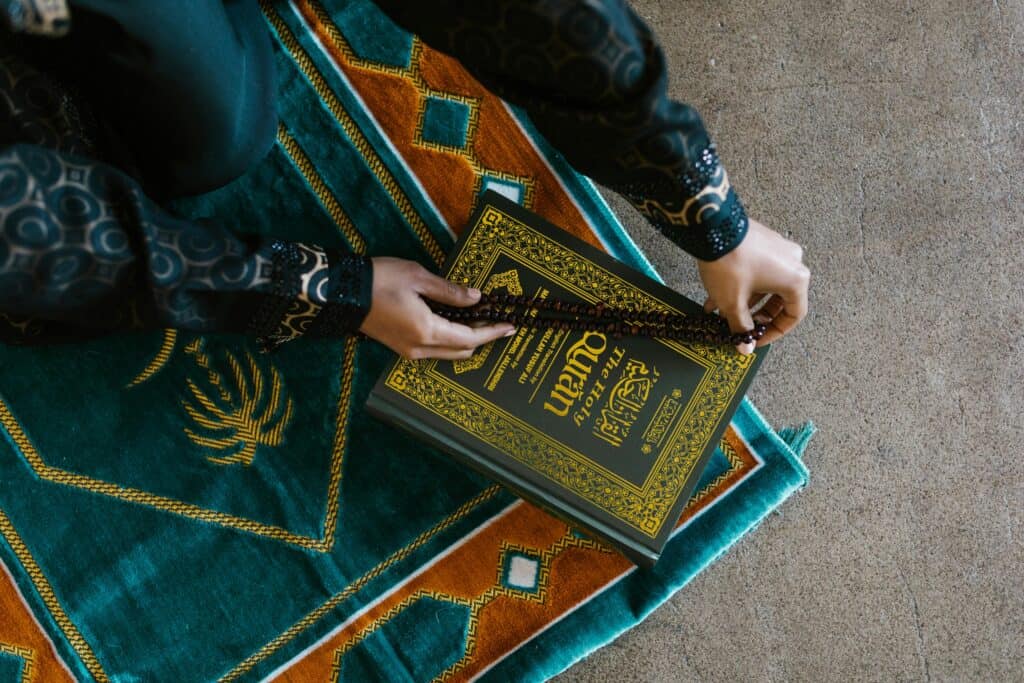What Is the Difference Between Fard Kifayah and Fard Ayn? Clear Guidance on Personal and Communal Duties
Understanding which duties are personal and which are shared lifts a huge weight off a Muslim’s shoulders. Islam is built on both individual responsibility and community cooperation. At the heart of this balance are two concepts: Fard Ayn and Fard Kifayah. Knowing the distinction not only shapes our spiritual life but also ties us to our brothers’ and sisters’ well-being, guiding how we pray, study, work and serve others. Let’s break down these fundamental terms so every step we take feels purposeful and right.
What is Fard Ayn?
Fard Ayn means a personal, individual duty. Every adult Muslim is directly responsible for fulfilling these duties. No excuses and no delegation—if you miss it, you are personally accountable before God. Common examples include:
- Performing the five daily prayers (Salah)
- Fasting during Ramadan
- Giving the annual charity (Zakat) if able
- Hajj pilgrimage, if financially and physically possible
These acts form the backbone of Islamic life. According to scholars, neglecting a Fard Ayn duty results in personal sin (source). It’s like neglecting a critical promise that only you can keep. Your faith’s foundation stands on these unshared obligations.
For more detail about acts included in Fard Ayn, see this overview on Fard Ayn – Wiki.

What is Fard Kifayah?
Fard Kifayah is a group or communal duty. The community as a whole is responsible for ensuring these obligations are fulfilled. If enough people do the job, the obligation is lifted from everyone else. But if no one steps up, everyone shares the guilt.
Common examples are:
- Performing funeral prayers and burials for the deceased
- Establishing schools, mosques and hospitals
- Defending the community from harm or injustice
- Providing essential social services
In practical terms, Fard Kifayah means “someone has to do it.” Once enough people respond, the rest are free from blame (Yaqeen Institute explains it further). But if the whole community ignores the duty, then everyone is at fault.
You can find a range of examples explained in depth in this Islam StackExchange post.
Key Differences Between Fard Ayn and Fard Kifayah
The distinction becomes clear in daily practice. Here’s how they differ:
Why the Difference Matters Today
In today’s diverse Muslim communities, knowing the difference isn’t just academic. When someone passes away, who ensures the funeral rites? In places where Muslims are the minority, who steps up to teach young people or build mosques? Understanding these categories helps:
- Assign the right tasks to everyone
- Avoid blaming individuals for group failures
- Spread community service fairly
- Build trust and mutual care in society
If clear roles aren’t set, essential services and acts of worship may be missed. For example, if nobody in a Muslim community handles burials, everyone is held responsible. But when a group takes action, the guilt is lifted from the rest. This simple rule also powers activism, helps scholars focus on teaching, or pushes a community to establish needed services—especially when Muslims are few or resources are thin.
Conclusion
Knowing the difference between Fard Ayn and Fard Kifayah doesn’t just help avoid mistakes, it builds a stronger, more caring community rooted in Islam’s core values. Every person plays a part—sometimes alone, sometimes together. When you understand your role, you can act with confidence and purpose, knowing your worship and service are meaningful both for you and the world around you. Let this be a reminder: Take your personal duties seriously and never ignore the needs of the community. Having clarity brings peace, strength and real connection to your faith.
